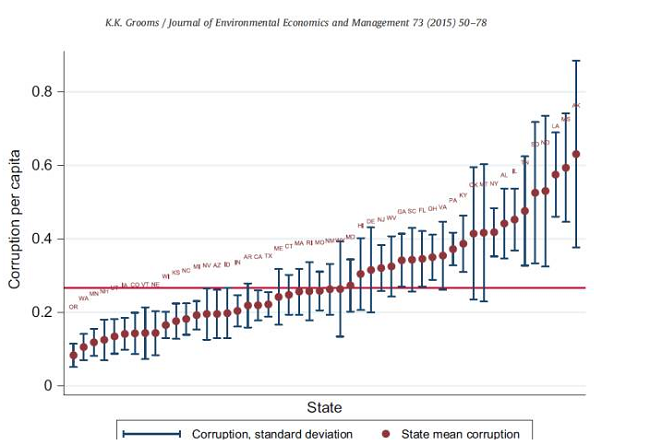Low Inflation, Deflation, and Policies for Future Price Stability
观点 · 2004-04-23
返回Introduction
The main subject of this conference—deflationary shocks and their monetary policy responses—is an excellent one. There is a huge amount of recent research to build on, and the conference is taking place at a time when policymakers—who have confronted the reality of deflation and zero interest rates—can bring a wealth of practical experience and market information to bear on the subject. I want to thank the Institute for Monetary and Economic Studies for organizing the conference. I am looking forward to the papers and to the discussion, and to coming back to these issues at the panel session at the end of the conference.
In this keynote speech I will first focus on the consequences of different inflationary environments—including near negative inflation, or deflation-- for macroeconomic stability. To do so I will look at the experiences of both the United States and Japan. I then look at possible causes of deflationary shocks and instability. Finally, I draw some general policy implications.
In examining recent developments in inflation and deflation in Japan, I will use and react to some of the results presented in the papers prepared for this conference by the staff of the Institute for Economic and Monetary Studies.
Although much of the recent discussion of monetary policy in Japan concerns the zero interest rate policy that began in February 1999, I take a longer perspective. In my view, the recent zero interest rate policy—while important and precedent setting in its own right—is a continuation of the period of near-zero interest rate policy—around 50 basis points—that began in 1995, which in turn grew out of policy changes in earlier years.




